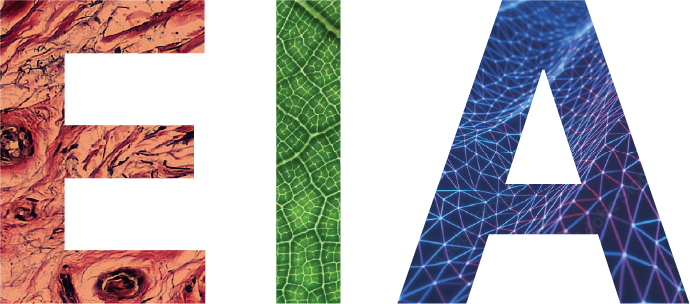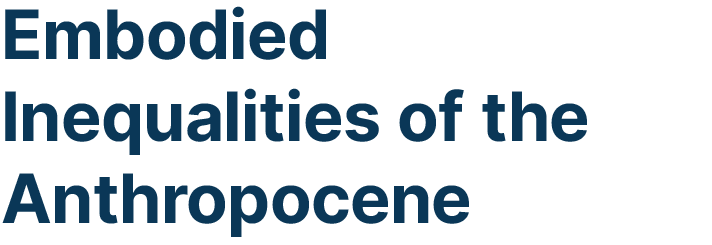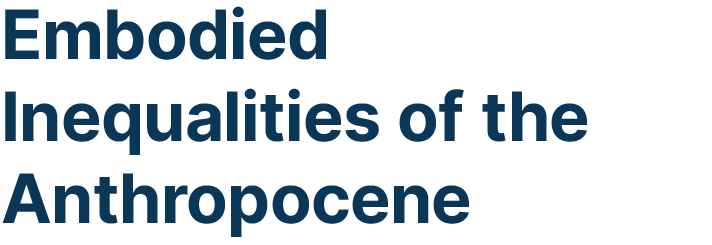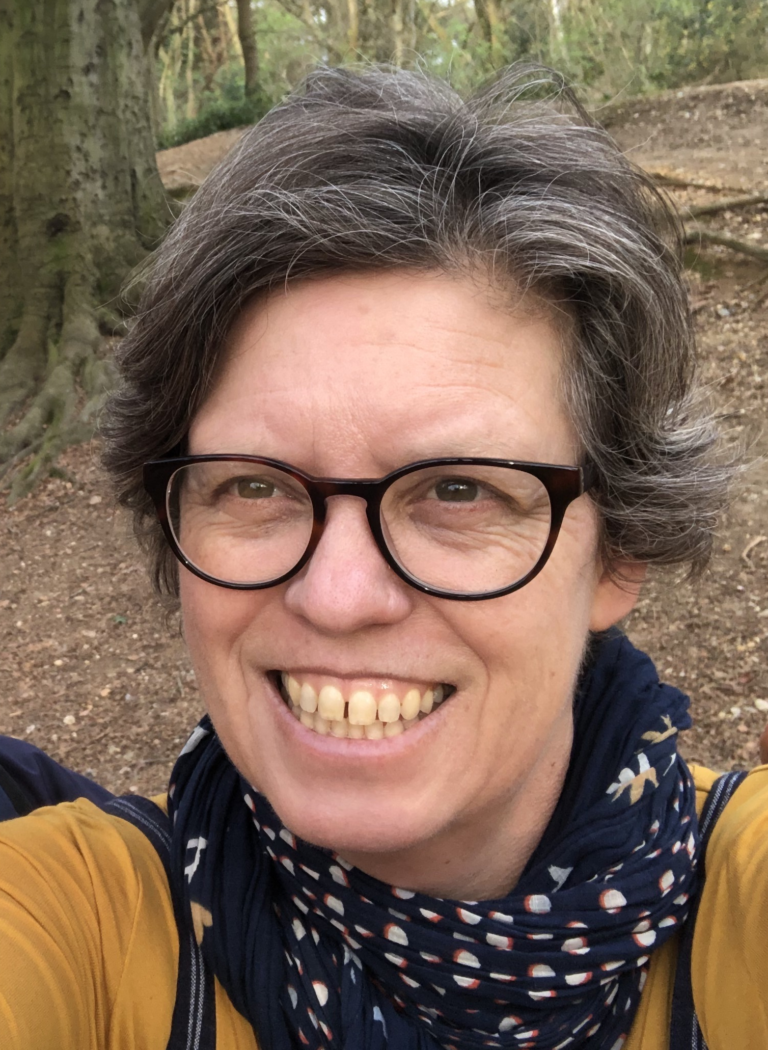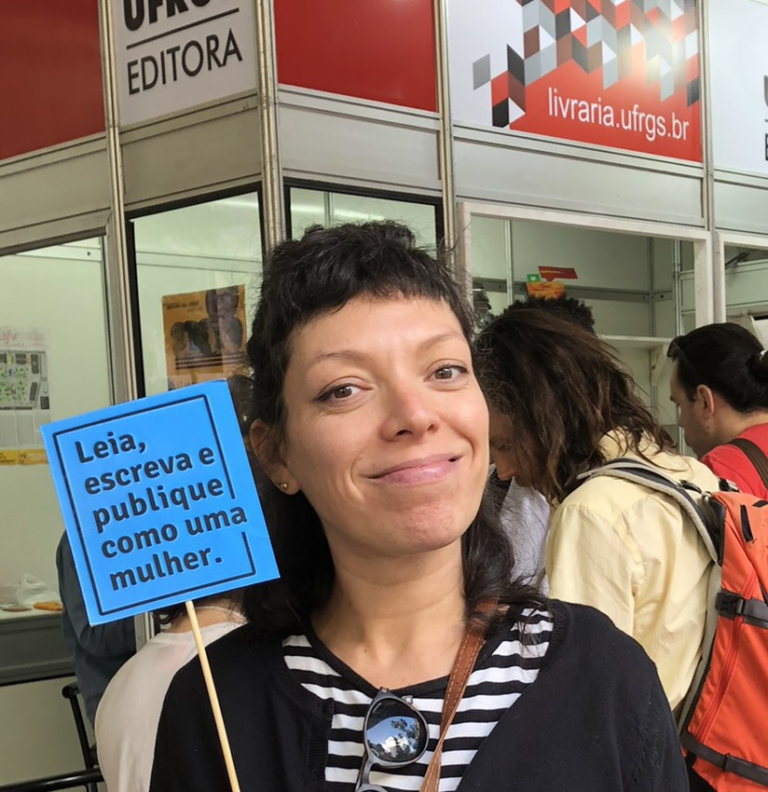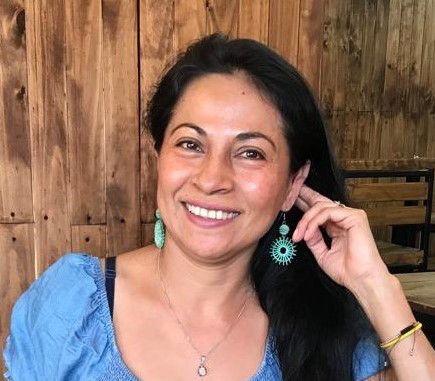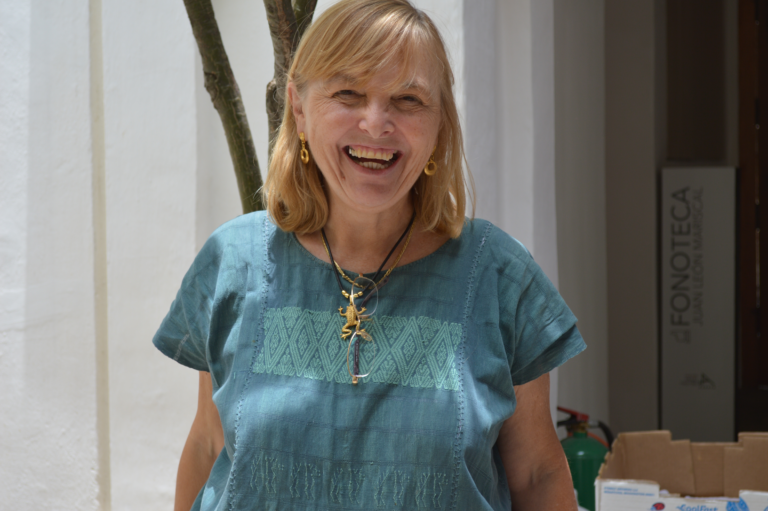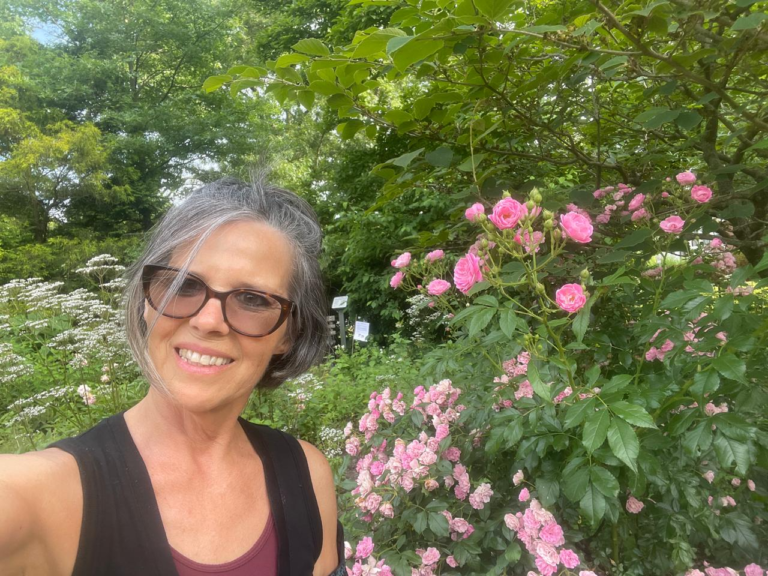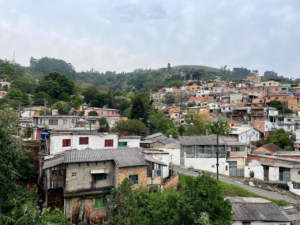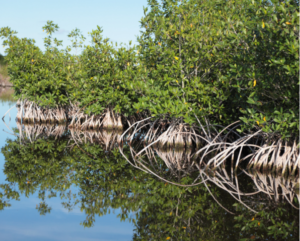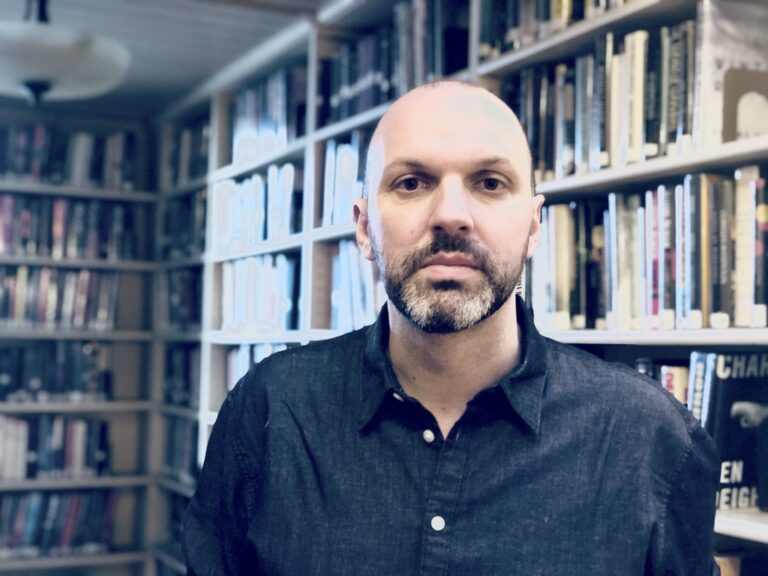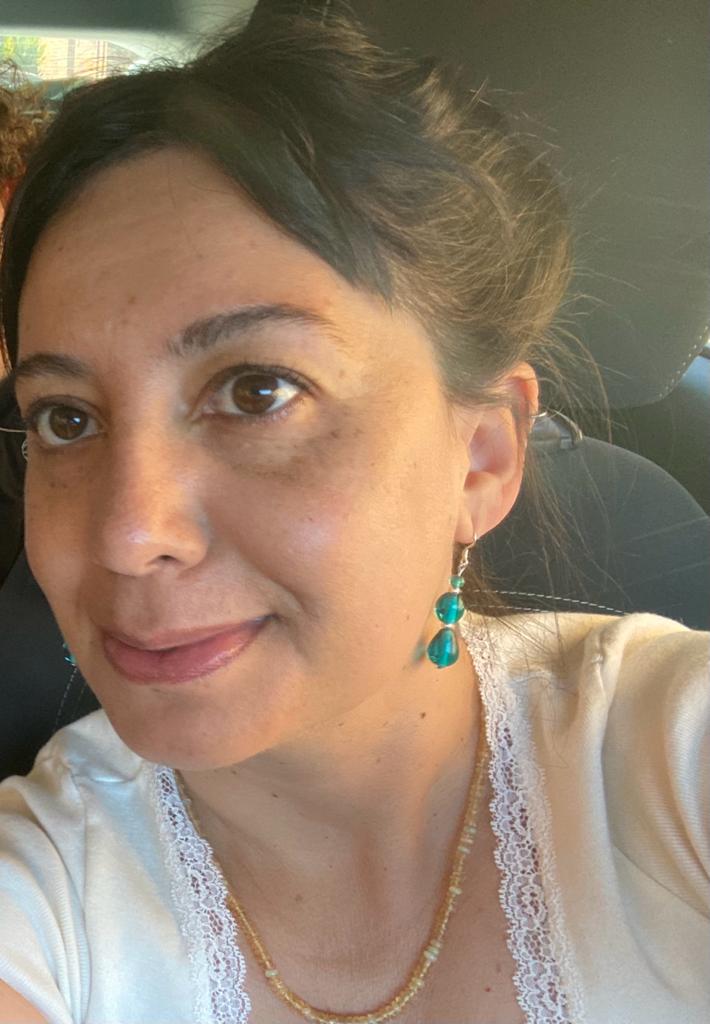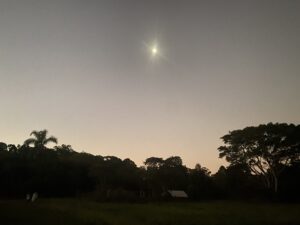I am a senior professor and researcher at the Centre for Research and Advanced Studies in Social Anthropology (CIESAS), Mexico. I am a medical anthropologist and public health specialist with a PhD in sociocultural anthropology (Univ. Arizona, USA, 2002), a Masters in Public Health (Univ. California, Berkeley, USA, 1987) and a BA in History (Univ. California, Berkeley, USA, 1982).
My research interests focus on reproductive health, maternal mortality, obstetric violence, midwifery, health policies and Indigenous peoples in Mexico. I also focus on the health impacts of the Anthropocene on populations living in structural vulnerability in Latin America. I carry out politically engaged research from human rights, social, reproductive and environmental justice, gender and pro-equality perspectives.
I have authored, co-authored or edited over 90 publications, including articles, book chapters and books. My recent publications (in English) include: ‘Critical Medical Anthropology: Perspectives from Latin America’ (2020, coedited with Gamlin, Gibbon and Berrio); ‘Global voices for global (epistemic) justice: Bringing to the forefront Latin American theoretical and activist contributions to the pursuit of the right to health’ (2023, Health and Human Rights Journal); and ‘Indigenous midwifery revisited in COVID-19 times. The making of global maternal health and some anthropological lessons from Southern Mexico’ (2024, Routledge Handbook of Anthropology and Global Health).
In the EIA project, my interests focus on the intersections between environmental and reproductive justice, toxicity and health, COVID and pandemics, and Indigenous people’s ontologies and health.

